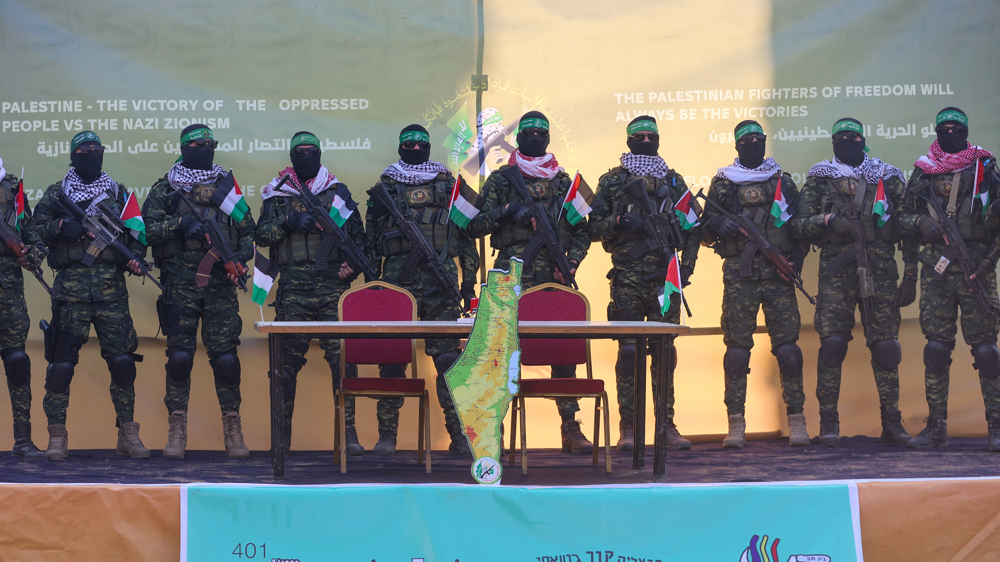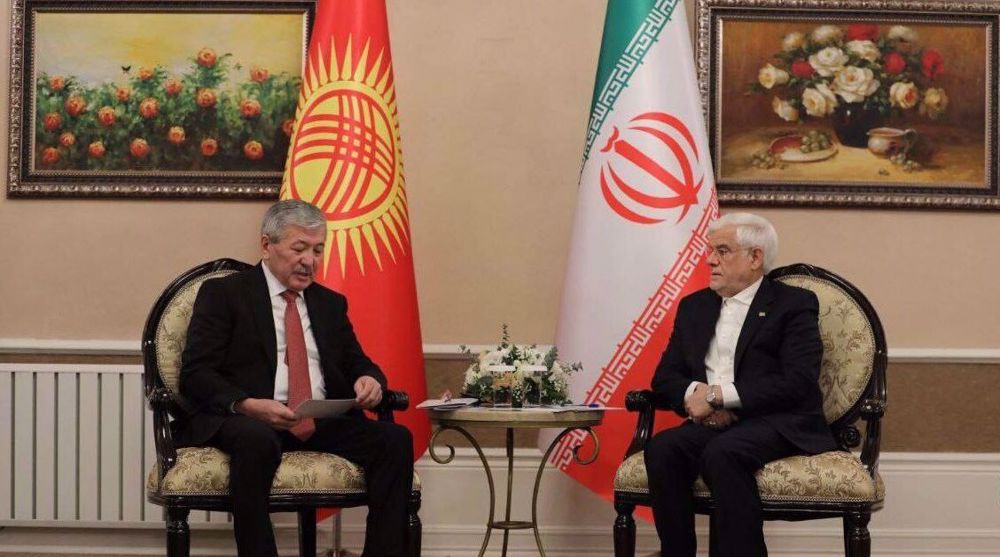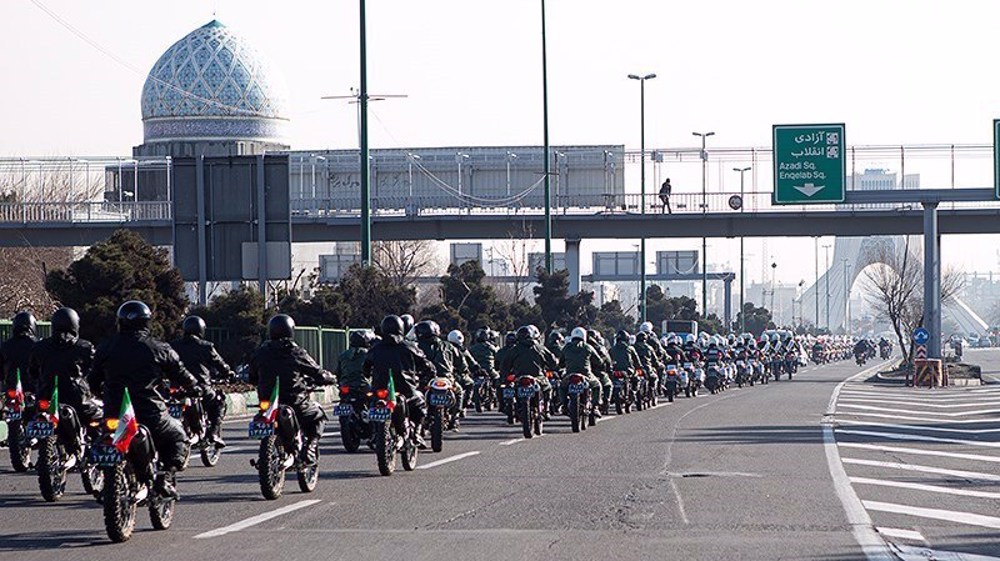Iran strongly rejects Saudi claims about Tehran's 'regional interference'
A senior Iranian Foreign Ministry official has strongly denounced fresh claims made by Saudi Arabia about what Riyadh describes as Iran’s meddling in the internal affairs of regional countries.
“The Islamic Republic considers the accusations thrown by the Saudi foreign minister at the conference to be invalid,” Reza Najafi, the director general of International Peace and Security Department at Iran’s Foreign Ministry, said, adding that, as one of the founders of the 57-member OIC, the Islamic Republic wishes the gathering would be used to “reinforce unity among the Muslim Ummah.”
Opening a gathering of the foreign ministers of the Organization of Islamic Cooperation (OIC) in the Saudi port city of Jeddah on Wednesday, the kingdom’s Foreign Minister Ibrahim al-Assaf blasted “Iranian interference in other nations' affairs” and urged "firmness and determination” over the recent mysterious attacks on commercial vessels off the coast of Fujairah in the United Arab Emirates. He made the remarks just hours after US National Security Advisor John Bolton alleged Tehran was almost certainly behind oil tanker attacks.

Najafi, who heads the Iranian delegation to the summit, also urged that the summit turn its focus to the “main issue of the Muslim world, which takes precedence over all others, namely the issue of Palestine.”
On Wednesday, Iranian Foreign Ministry spokesman Abbas Moussavi responded to Bolton's allegations that the May 12 attacks on four oil tankers -- an Emirati, a Norwegian and two Saudi vessels -- had been caused by Iranian naval mines.
Moussavi dismissed the allegations as “ridiculous” and said, "Mr. Bolton and other warmongers need to know that the strategic patience, high vigilance and full defense readiness of the Islamic Republic of Iran, which emanates from the strong resolve of its great nation, will not let them fulfill their ominous schemes to create chaos in the region.”
Speaking at a press conference in Abu Dhabi earlier on Wednesday, Bolton alleged that the May 12 incident had been caused by Iranian naval mines, without providing any evidence to substantiate his claim.
Saudi Arabia, the United States’ strongest ally among the Persian Gulf’s littoral states, and other US-friendly regional states have been cooperating with Washington in its policy of “maximum pressure” against Iran.
The policy has seen Washington reinstating economic sanctions targeting the Islamic Republic following the US’s withdrawal from a multilateral nuclear deal with Iran, and dispatching an aircraft carrier strike group, a bomber taskforce, an amphibious assault ship, and 1,500 additional troops to the region.
Since early May, the US has also been targeting the countries buying Iran’s oil with “secondary sanctions.” Saudi Arabia and the United Arab Emirates immediately reported after the US decision that they would be making up for potential shortages of the Iranian crude.
Hamas says Deif, fellow leaders shattered Israel’s myth of invincibility
IRGC: Legacy of Qassam Brigades martyrs eradicating ‘cancerous tumor’ of Israel
Hamas warns Israel of ‘significant price’ before showing off seized Israeli gun
Egyptians protest against Trump’s scheme to relocate Gazans
Prisoner thanks Gazans after release, says Israel tortures Palestinians
Trump blitzkrieg to drastically downsize US government
Hamas names three captives to be released Saturday
Iran determined to boost ties with Kyrgyzstan: VP














 This makes it easy to access the Press TV website
This makes it easy to access the Press TV website